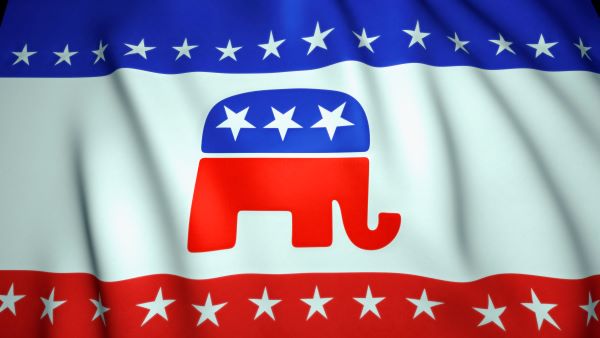The Economist poll also found that over 70% of Republicans and Democrats surveyed supported requiring fully transparent redistricting efforts and many supported requiring public input on proposed maps.
Every 10 years, states are required to redraw electoral districts to account for population changes as determined by the U.S. census. This process is often highly partisan and done in a way to maximize the advantage of whichever party controls the state government. Gerrymandering is the term to describe when districts are drawn in a way to maximize the number of seats controlled by one party.
Analysis after the latest round of redistricting shows a decline in the overall competitiveness of electoral districts. In 2020, 44 districts were thought to be competitive races, now only 40 are considered competitive.
Recent polling by the Economist showed that there is bipartisan support for implementing measures to prevent gerrymandering. In fact, 63 percent of American adults supported the creation of non-partisan commissions that would create and approve district maps. According to the Economist, 60 percent of Democrats and Republicans favored this solution. Republicans and Democrats also supported banning lobbyists from participating in redistricting efforts.
The Economist poll also found that over 70 percent of Republicans and Democrats surveyed supported requiring fully transparent redistricting efforts and many supported requiring public input on proposed maps. A majority of Republicans 50 percent and Democrats 67 percent also supported Supreme Court intervention to prevent gerrymandering. Voters on both sides of the aisle support opportunities to create fair and representative elections.
READ NEXT
- Most Americans Support Banning TikTok But Gen Z OpposedAnalyzing support for a forced sale of TikTok and top concerns about the Chinese owned company.
- Strong Support for Allowing Local Police to Arrest Illegal ImmigrantsAmericans strongly support empowering – and even requiring – local law enforcement to combat illegal immigration.
- More Than 6-in-10 Disagree “Illegal Immigrant” is OffensiveAmericans won’t be pressured into accepting illegal immigration with politically correct language.
- 3-in-4 Americans Support Drug Testing for Welfare Recipients 76% of Americans support a law requiring single adults on welfare who are suspected of being addicted to illegal drugs to undergo screening and agree to treatment continue receiving benefits.
- Most Americans Say Biden Wants Open BordersImmigration consistently ranks as one of the most important issues for Americans, but the data show that neither party is perceived to be in line with most Americans.

